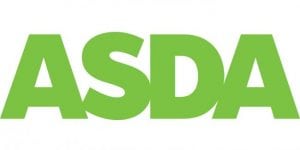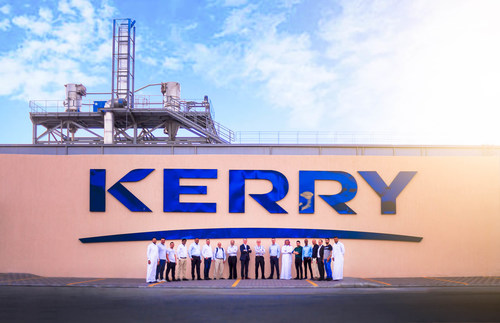
Photo / Bay of Plenty Times
Meat plants must meet strict halal requirements.
An
Islamic group seeking to offer New Zealand businesses a “globally
recognised” halal certification is being criticised by the NZ
Federation of Islamic Associations, which says the Southeast Asian
organisation does not have the resources to do inspections here.
This follows a statement last week by Indonesia’s highest authority
on Islamic affairs, the Council of Ulema, that a product will be able
to be sold as halal there only if it has the council’s own halal
certification.
Reza Khedmati, director of Al-Rasoul Halal Certification, said the
company had been set up to offer New Zealand exporters an
“internationally accepted halal certification” as a result of problems
encountered with Islamic countries.
Indonesia said last year that it would no longer recognise the NZ
halal certification authorities – the Federation of Islamic
Associations and Islamic Meat Management.
“Our globally accepted standards will help remove all the problems
for New Zealand exporters wanting to enter Islamic markets,” Mr
Khedmati said.
But federation vice-president Javed Khan says groups such as
Al-Rasoul and the Indonesian council setting up shop here did not have
the resources to inspect meat plants and slaughterhouses.
“These people who are setting up their own certifying companies here
have got no infrastructure to inspect the plants and all that … and
still they are certifying.
“We have been certifying for all the organisations throughout the
world, and we have no problems with all of New Zealand’s largest
Islamic markets such as Malaysia, Saudi Arabia and Kuwait, except, it
seems, Indonesia.”
Halal means “lawful” in Arabic and is a term used to designate an
object or action which is permissible according to Islamic law.
Islam has religious rules regarding which food can and cannot be
eaten and the proper method of slaughtering an animal for consumption.
Mr Khan said the Indonesian certifier and Al-Rasoul did not have the resources to carry out halal inspections in New Zealand.
But the chief executive of the Iran-based Islamic Chamber Research
and Information Centre, Abdolhossein Fakhari, who was in New Zealand
last month to promoted a globally accepted certification standard, says
Al-Rasoul Halal Certification had the backing of the centre, which was
set up with the support of the governments of Islamic countries.
“Goods and services with our branding will have an easy entry into
Islamic countries, unlike those which carry the local certification,”
Dr Fakhari said.
“Our halal branding will give Muslim consumers around the world security and spirituality.”
It is estimated there are 1.8 billion Muslims around the world, and
70 per cent follow halal food standards. The global halal market is
said to be worth nearly $800 billion.
Since Indonesia’s rejection of New Zealand certifying authorities,
which threatens $100 million of beef exports and potentially $450
million of dairy exports, the Government has said the New Zealand Food
Safety Authority will provide oversight for organisations that certify
halal meat to standardise halal certification.



